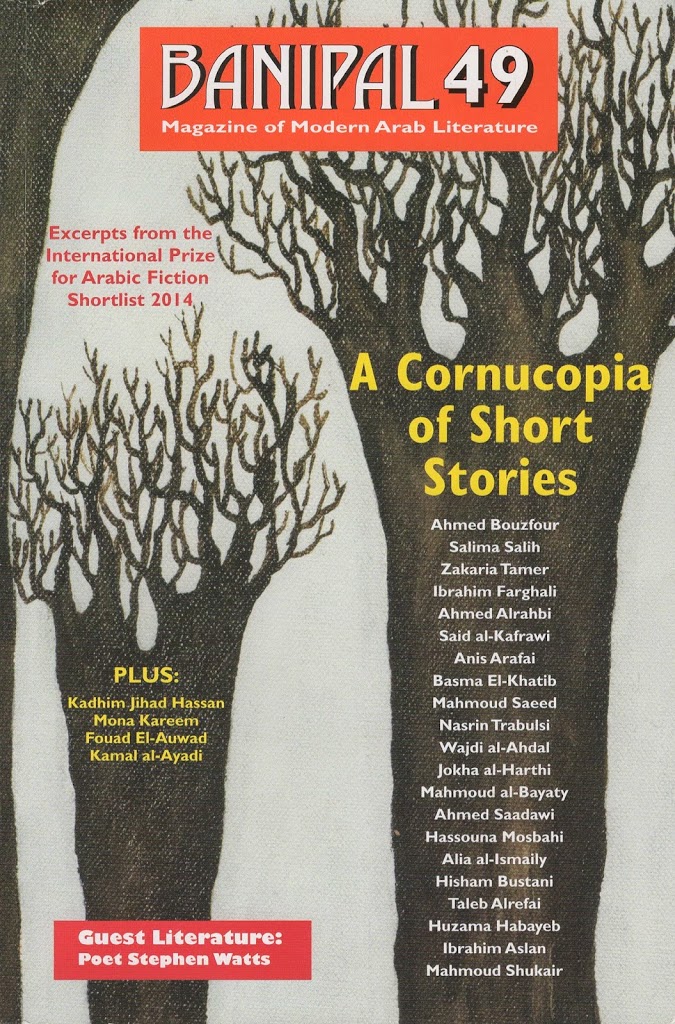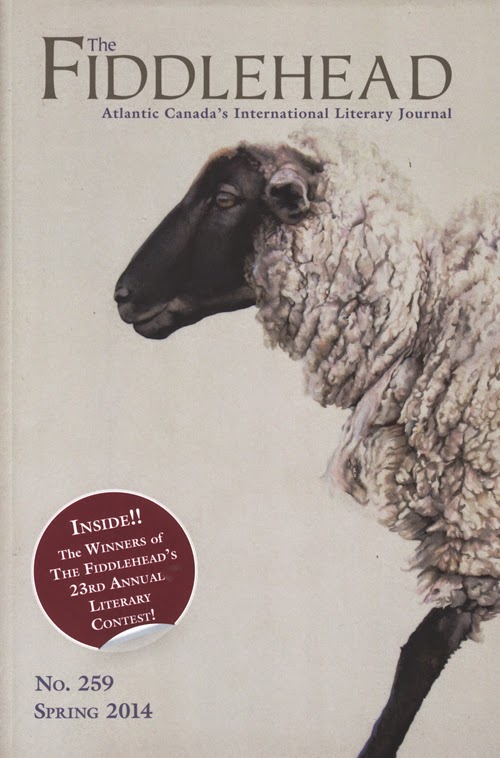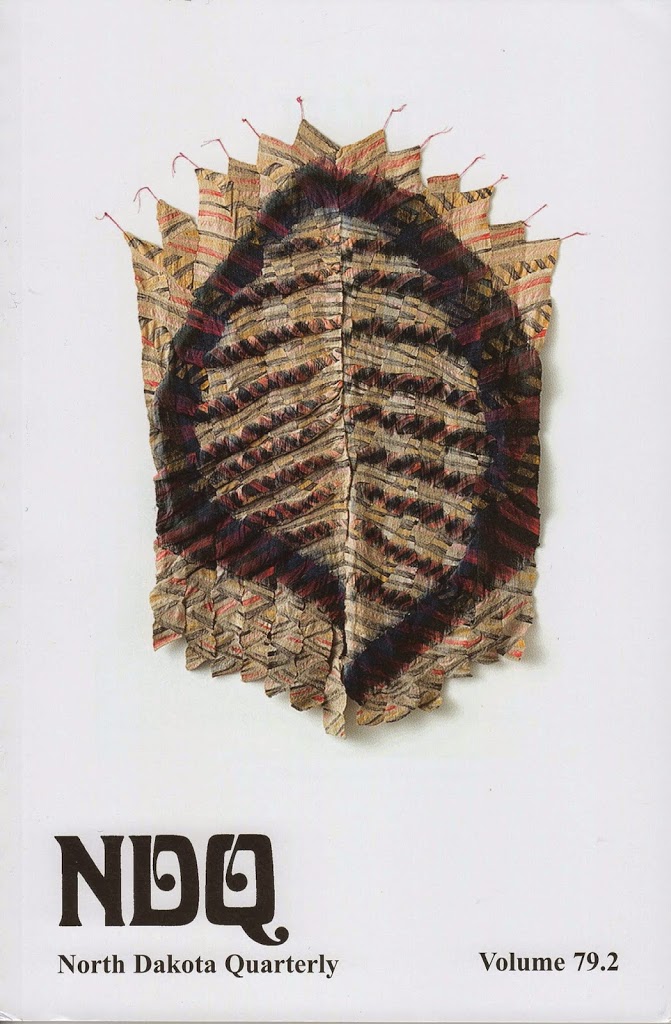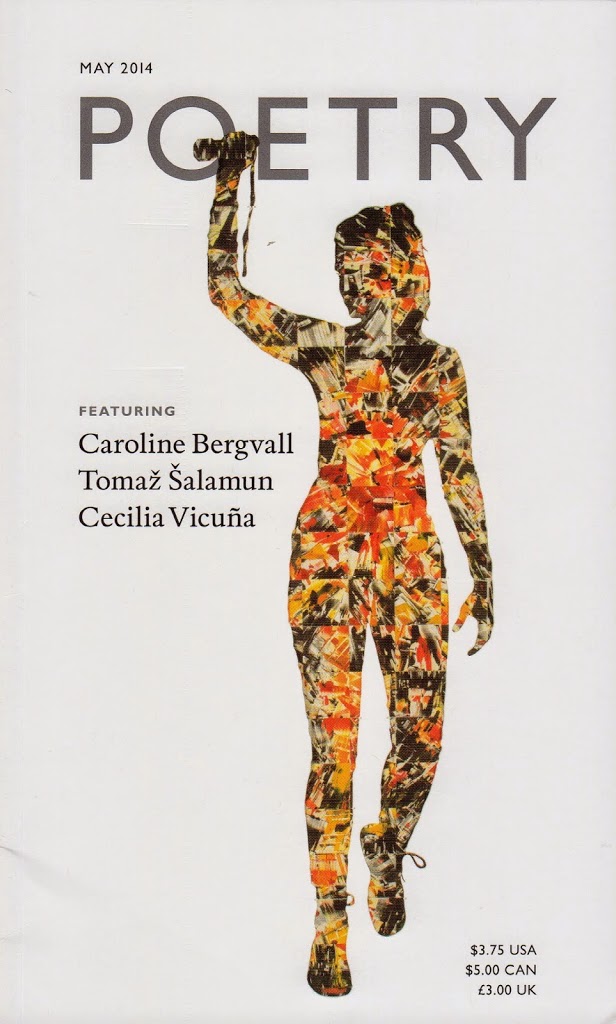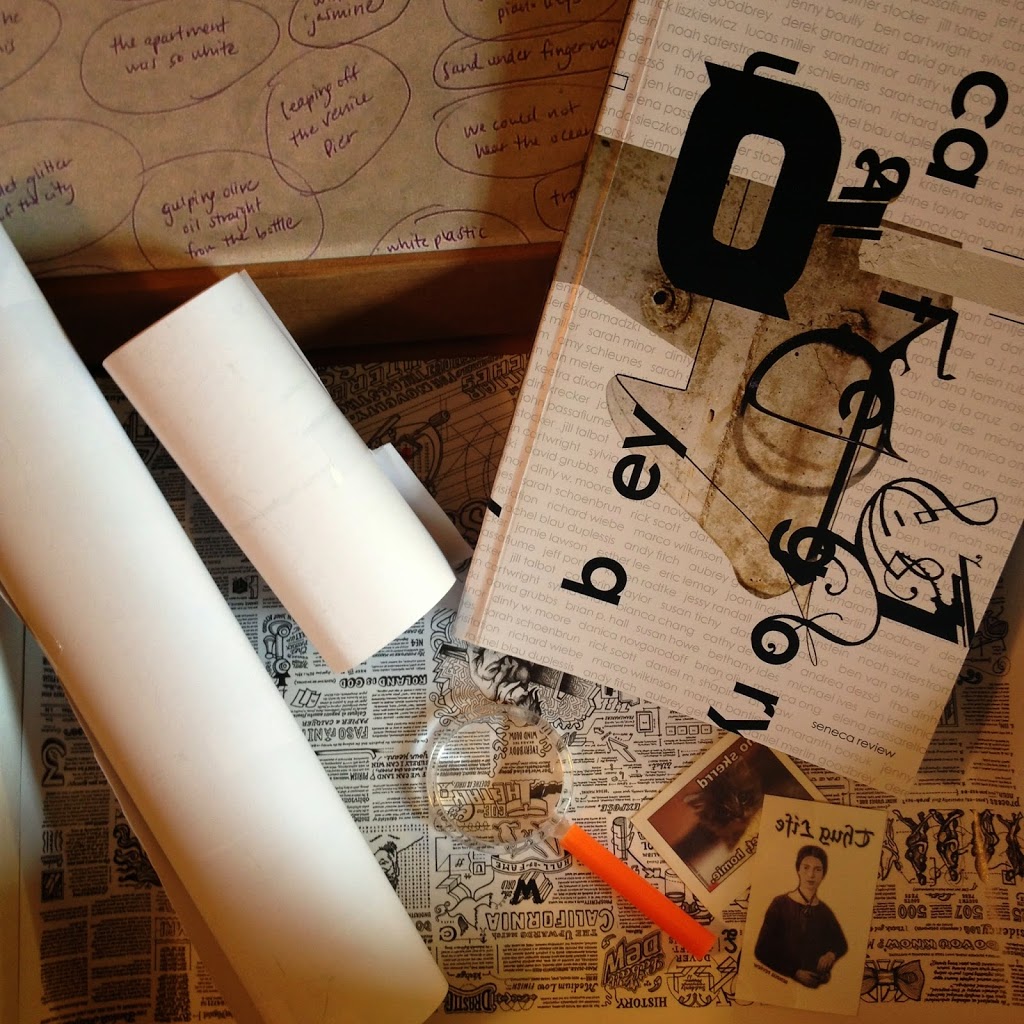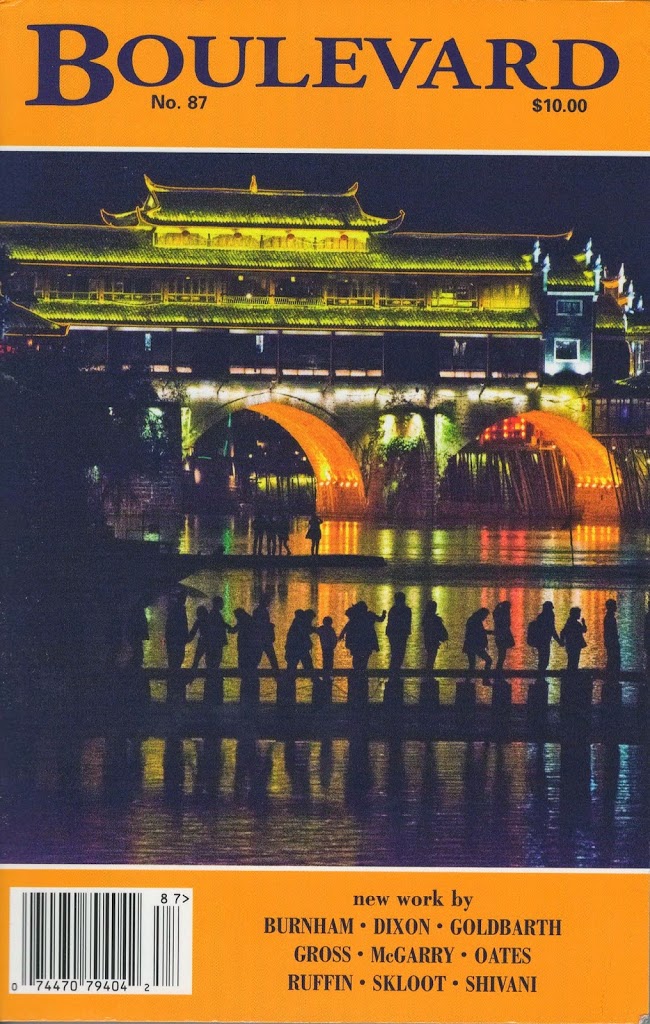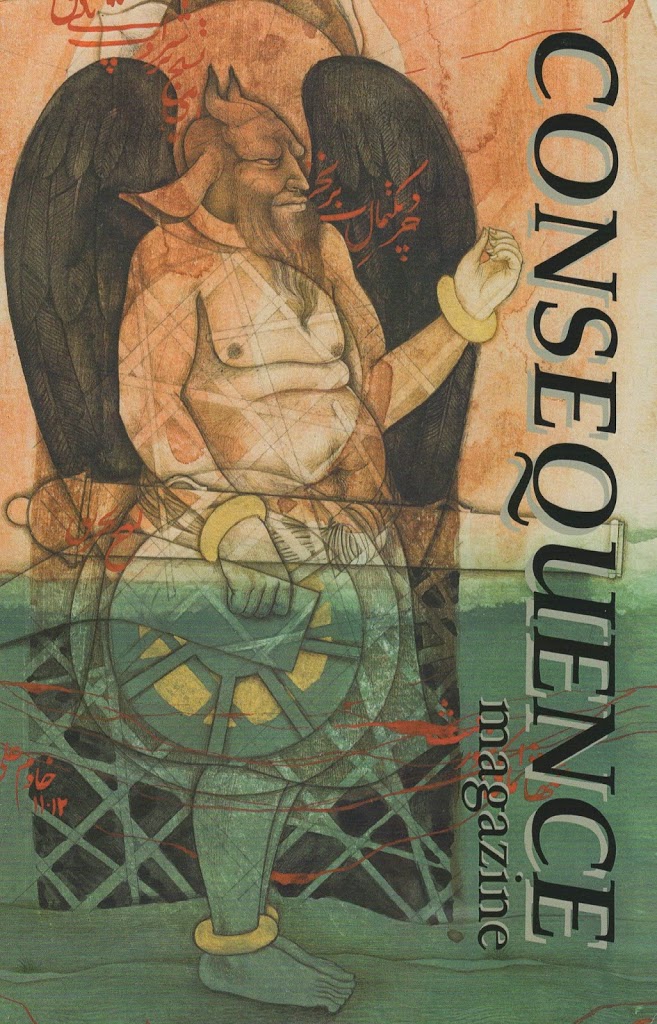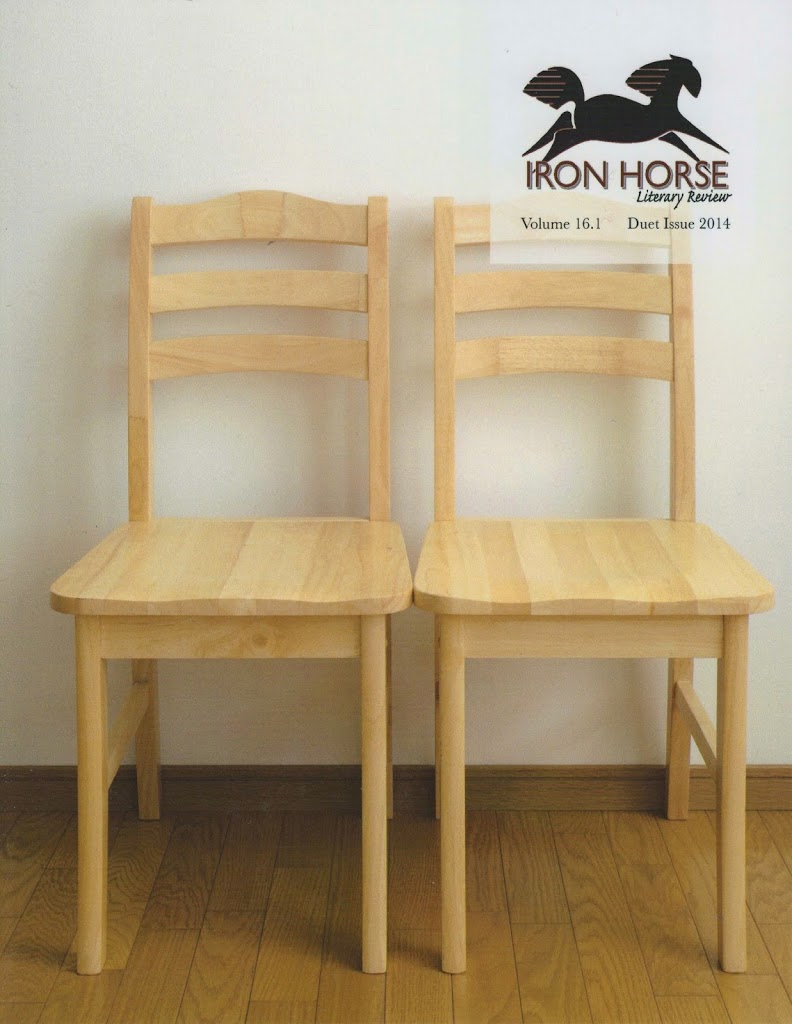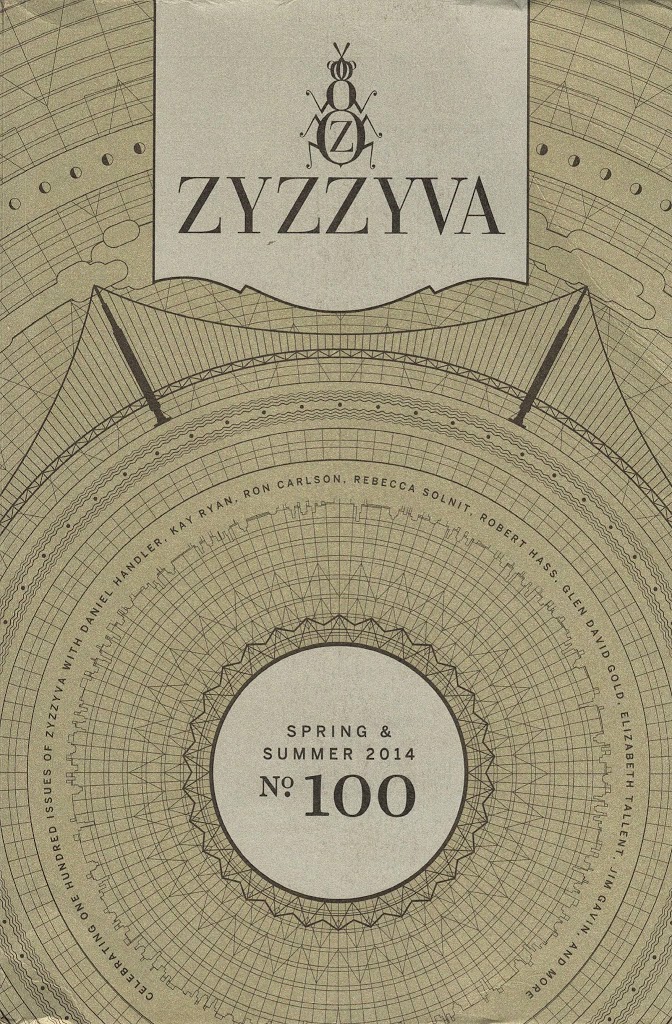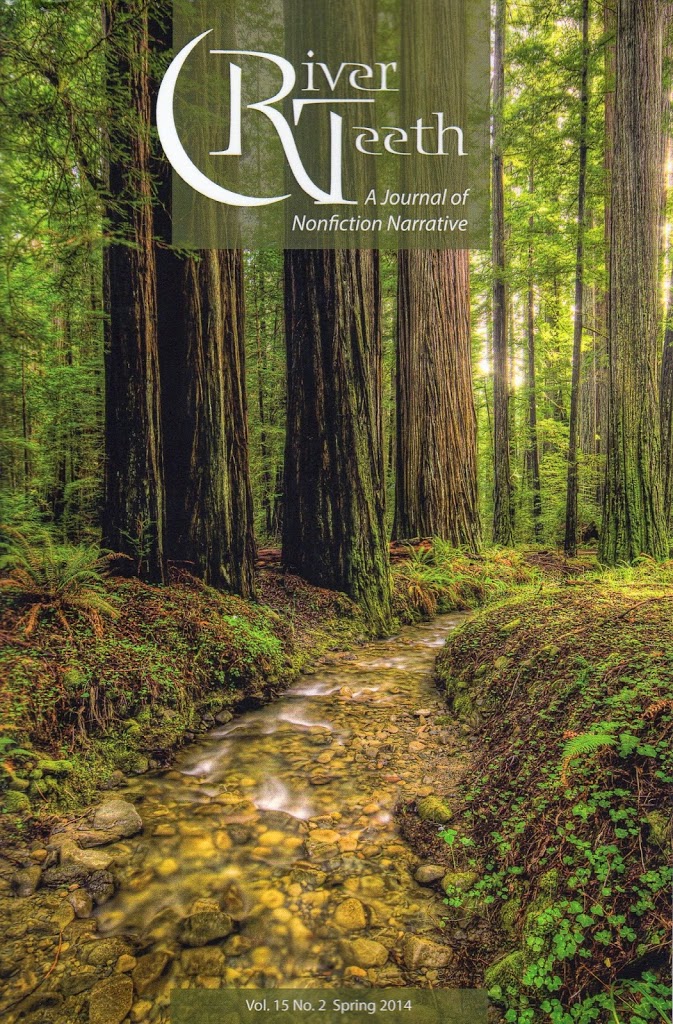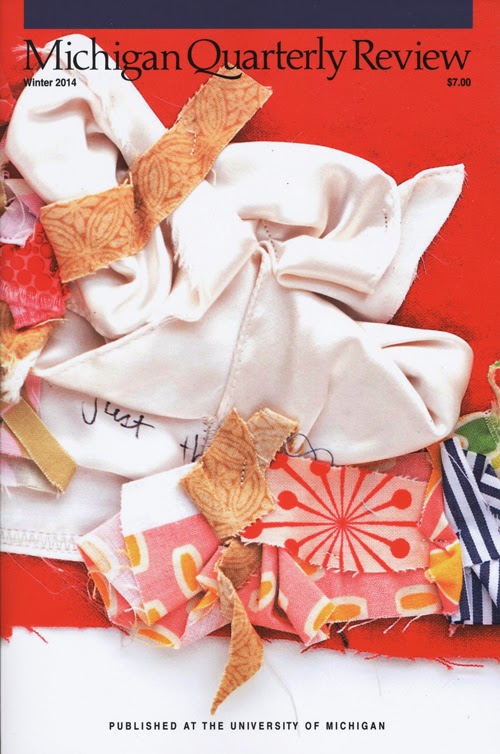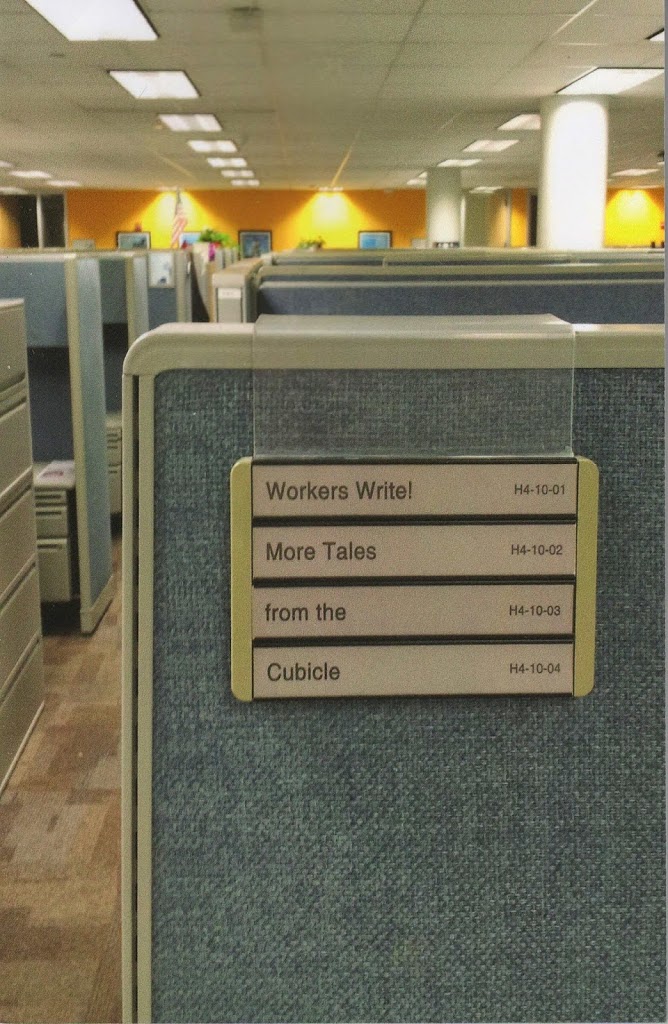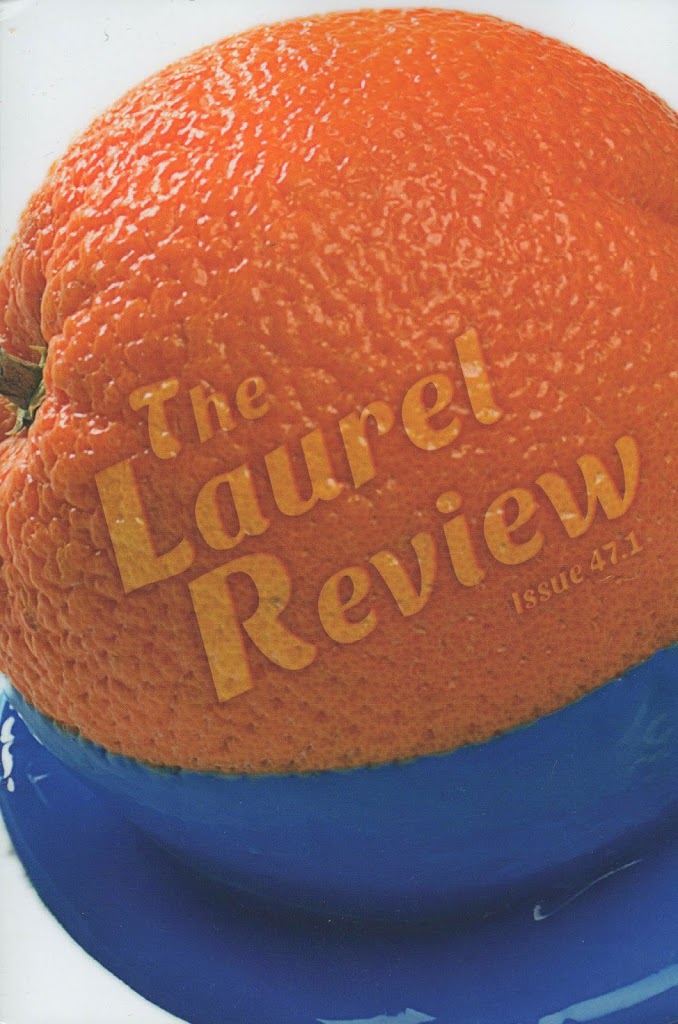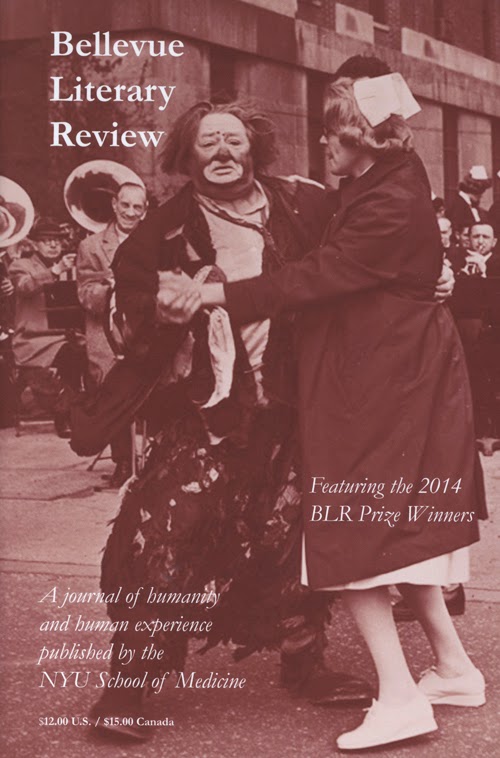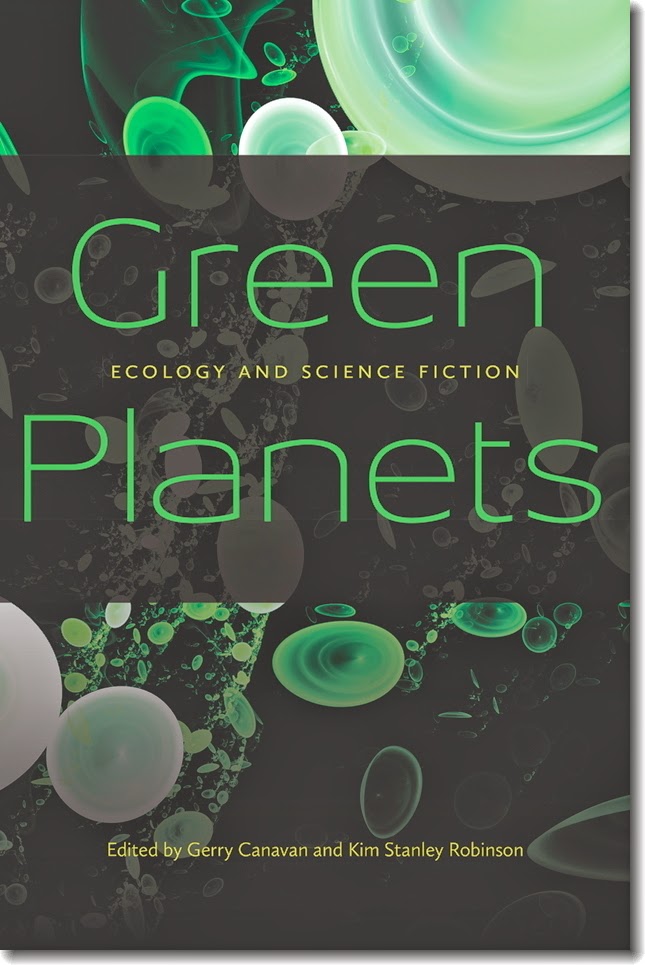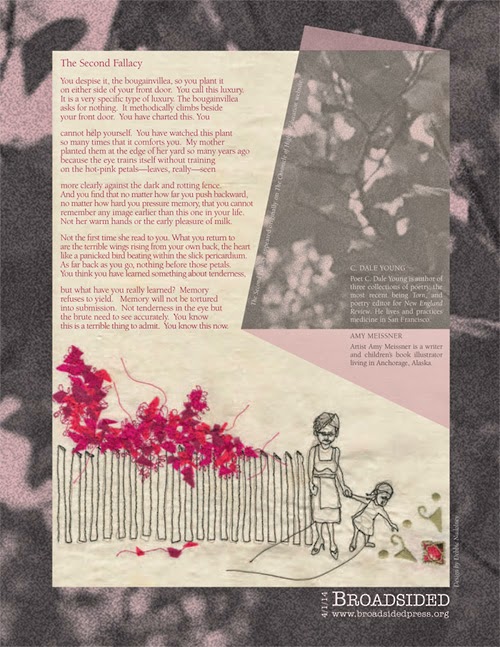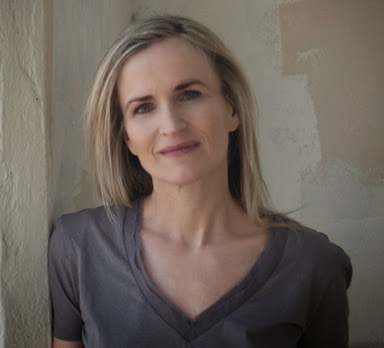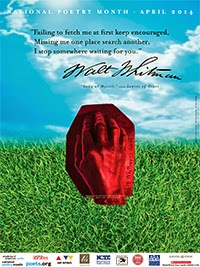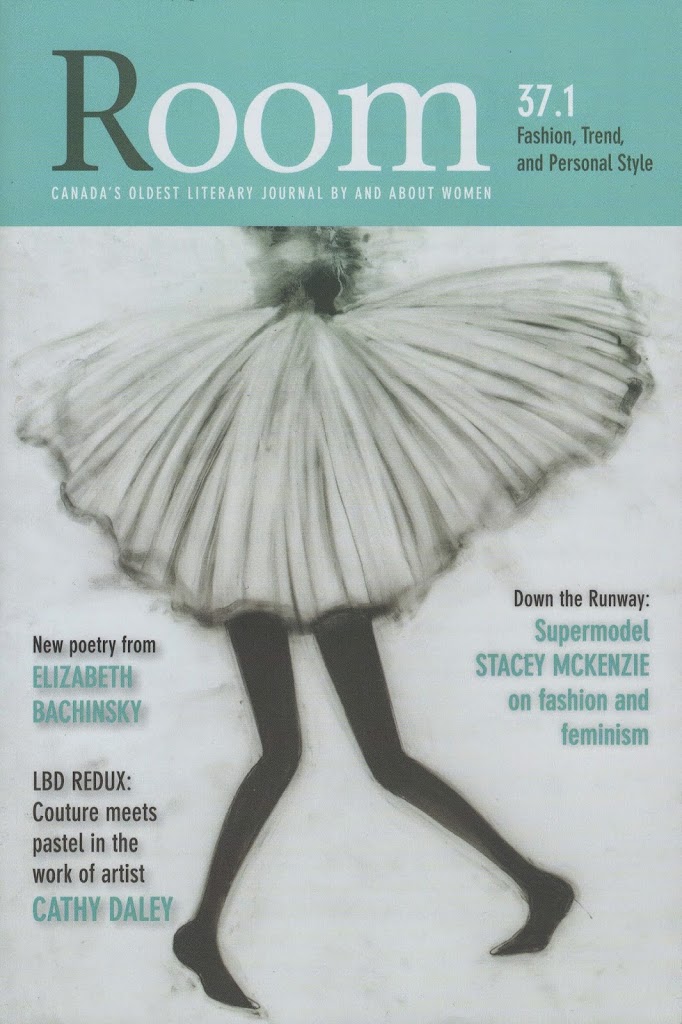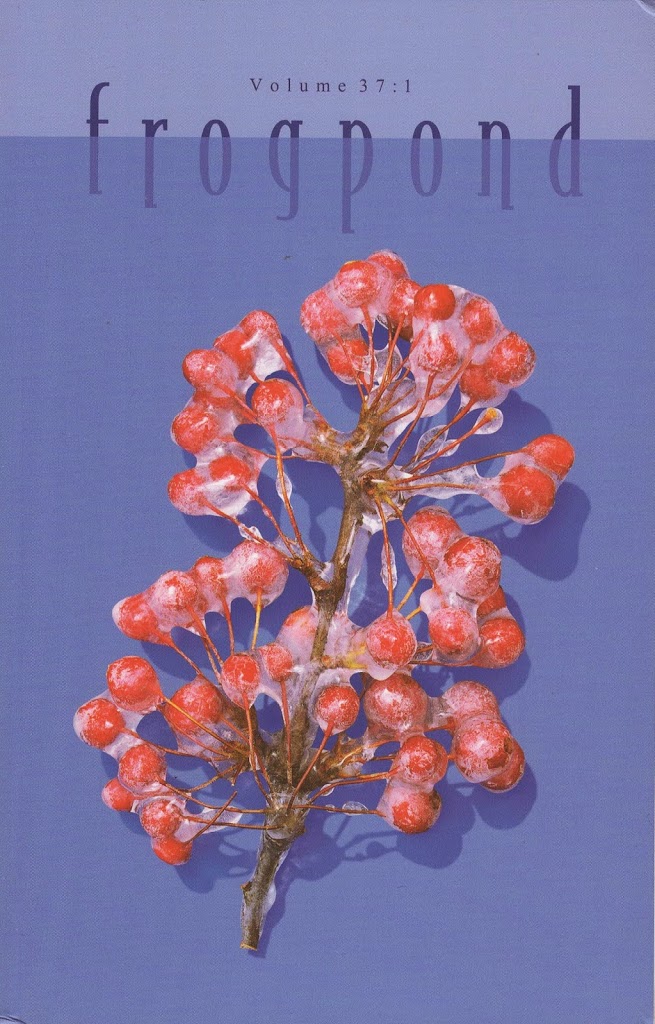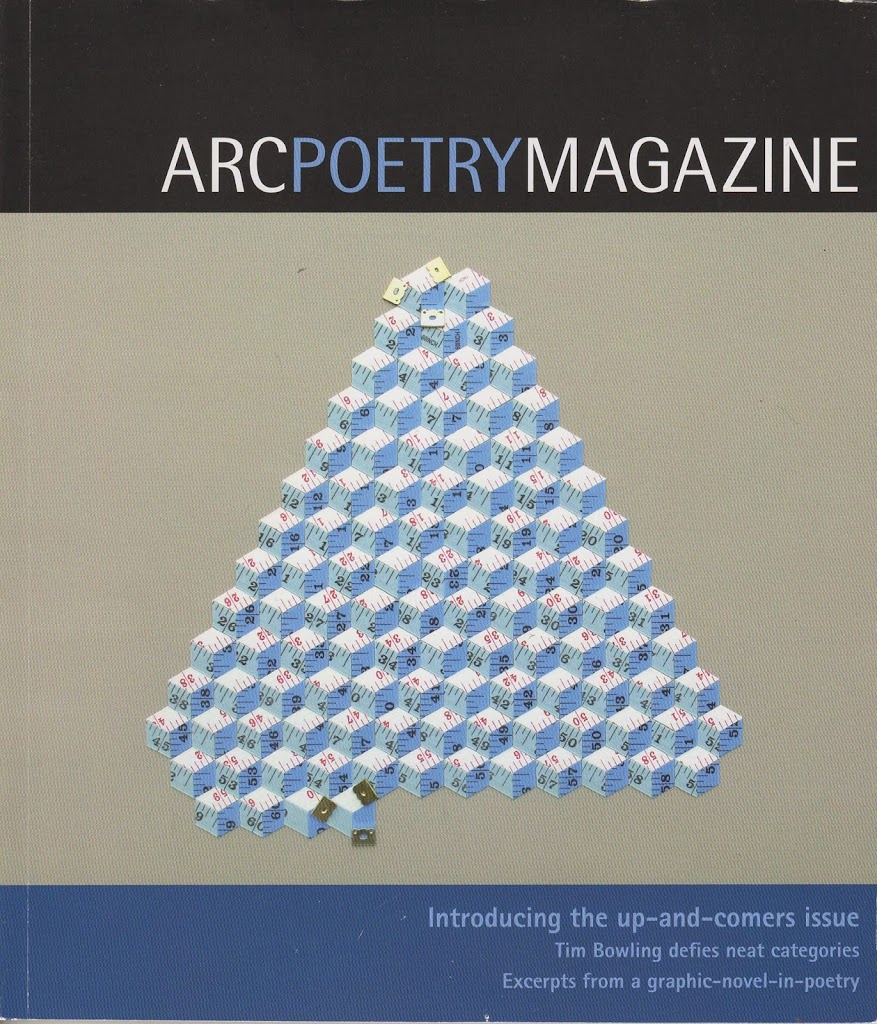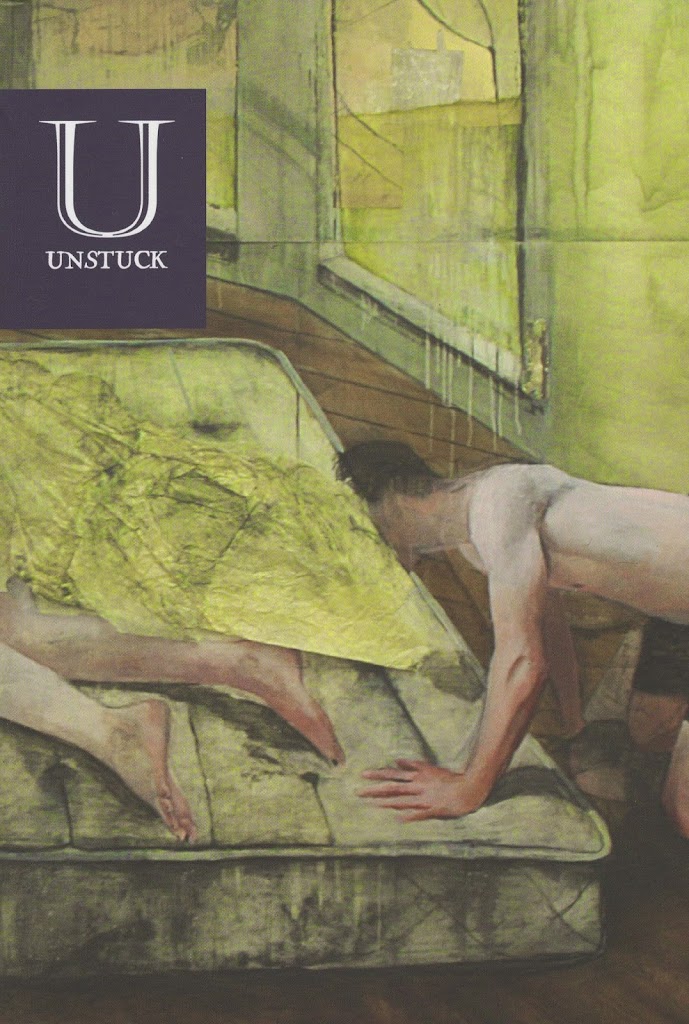Isthmus, edited by Ann Przyzycki, Randy DeVita, and Taira Anderson, is a new biannual print magazine that publishes fiction, nonfiction, and poetry. Hailing from Seattle, Washington, Isthmus offers “good writing that will make you want to pass the issue to a friend.” Przyzycki says, “We value the traditional as well as those pieces that organically can only be told through experimentation with form.”
Przyzycki recalls a time when all three editors were stuck together in traffic on the interstate highway running north to south through Seattle. One editor remarks that the reason for the bottleneck traffic in Seattle is that the city is built on an isthmus. Later, when coming up with a name for the journal, Przyzycki says they looked back on this moment and chose Isthmus to refer not only to the city it was based out of but also to the geographical term and the accompanying metaphor: “a narrow connection between two larger objects, as the printed journal is a connection between the writer and the reader,” she says.
But as with all new journals, we ask why? Why start a literary magazine? And in Przyzycki’s research, she found that most start because the editors don’t feel like there is “a venue for a certain kind of story, that there is some hole to fill”—and she would be right. She is fully aware of the vast amount of venues already out there but says “I don’t think that there can be too many opportunities for good writing to be shared.” Inspired by the independent presses and magazines at AWP this year, she believes that many writers are looking to independent lit mags for “new voices.” She loves the honor of allowing someone else to trust her with their work; “I love working on books and so perhaps naively I feel that my passion for publishing and connecting writers to readers is reason enough.”
As the journal grows, Przyzycki hopes to include translations on a regular basis, increase the online presence, and include more book recommendations and author interviews on the website.
The first issue features fiction by Jennifer Bryan, Michal Davis, and Leslie Parry; nonfiction by Kelly Chastain, Elizabeth Mack, and Mark Rozema; poetry by Louis Armand, Cody Deitz, Suanne Fetherolf, Natalie Giarratano, Matt Hemmerich, Gabe Herron, Patrick Kindig, Jed Myers, Jason Olsen, Natania Rosenfeld, Mike Smith, Haley Van Heukelom, Laurelyn Whitt, and Theodore Worozbyt.
Isthmus editors read year round for poetry, fiction, and nonfiction. You can submit through Submittable only; please find complete guidelines on their website. They also note that you should check in regularly with their blog and Facebook page for announcements of any upcoming special issues or future contests.



